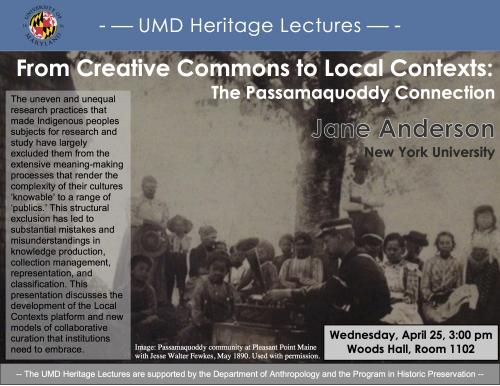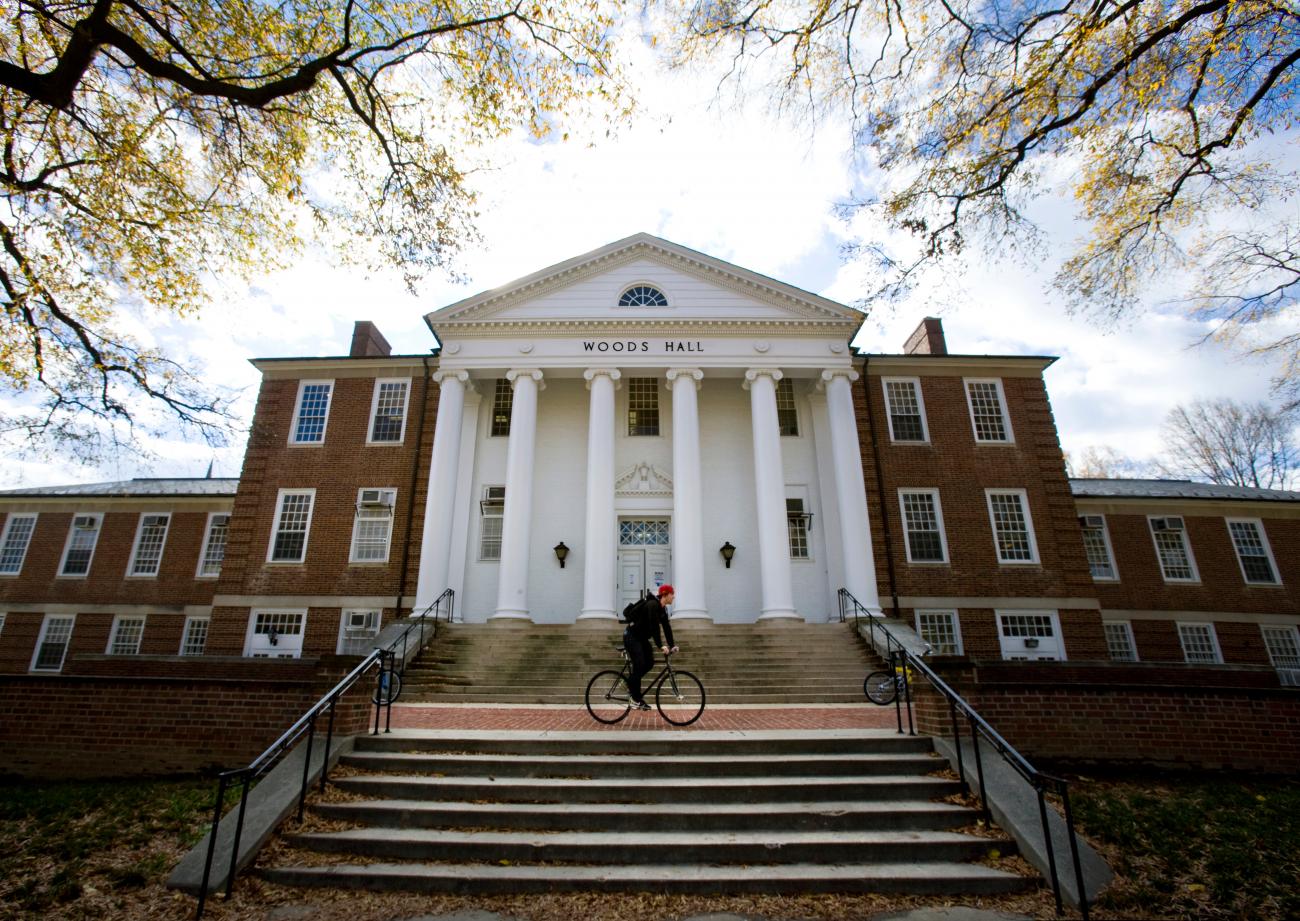Almost all the problems that now exist in relation to Indigenous/Native American ethnographic collections and intellectual property law have their legacies in the uneven and unequal research practices that made Indigenous peoples subjects for research and study. This meant that Indigenous peoples lost ownership and control over material, aural and visual representations of their cultures. Consequently, Indigenous peoples have been largely excluded from the extensive meaning-making processes rendering the complexity of their cultures ‘knowable’ to a range of ‘publics’ who have had access to these collections. This absence and structural exclusion has led to substantial mistakes and misunderstandings in knowledge production, in collection management, in representation, in classification and within established educational paradigms seeking to translate and understand the complexity of Indigenous peoples and cultures.
In the increasing movement of these collections into digital formats, the new rights that are generated only compound the legal problems of adequately responding to Native/First Nations concerns about ownership and circulation of materials. These legal entanglements impede access and use and make already difficult negotiations with institutions and other rights holders even harder. There are very few resources available for communities to find information about legal and extra-legal solutions as they apply to these kinds of collections. The Local Contexts platform is one digital tool that was developed to provide information about IP law as well as a range of template documents to assist communities in building their unique strategies for negotiating ownership and cultural authority over these collections. This presentation will discuss the development of this platform and new models of collaborative curation that cultural institutions need to embrace. The significance and necessity of this work will be framed through the new online record at the Library of Congress, of the first ethnographic sound recordings from the Passamaquoddy community sung by Peter Selmore and Noel Joseph and made in 1890 by Jesse Walter Fewkes. See: https://loc.gov/item/2015655578



